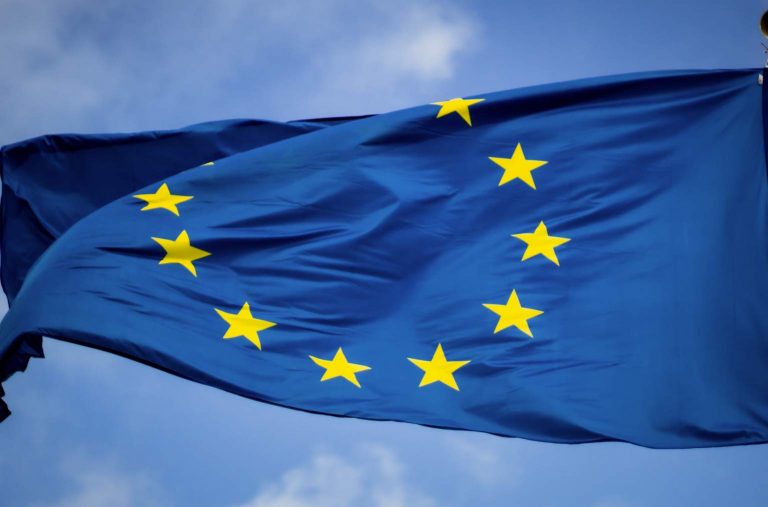
Morning Brief – Spring Budget
Having developed a name for himself as the pandemic era Chancellor, Rishi Sunak had attracted a reputation of going above and beyond to provide economic support to an ailing economy – for better or for worse will remain your decision. Policies created in the face of the pandemic, not least the landmark furlough program, cost billions of Pounds to finance and were designed to support and preserve consumption within the UK economy. The stance and consequent reputation of this Chancellor during the normalisation phase is still being decided.
Moving into yesterday’s mini budget, the market was expecting more than had been alluded to by the Chancellor to date. On Tuesday, public borrowing statistics showed space capacity within budgetary forecasts in excess of £20bn and on the morning of the budget speech, inflation was recorded at 6.2%, outpacing expectations of 5.9% and a January figure of 5.5%. This had created an image of a UK economy with spare capacity within its budget in addition to a rapidly rising cost of living that was leading to the expectation that the Chancellor could go further on the fiscal front to protect the UK economy from rising macroeconomic risks.
If you recall, the incumbent Chancellor also landed himself in hot water with the Chair and his own party for revealing details of his latest budget to the public ahead of its presentation to the House of Commons. In violation of protocol, the Chancellor faced backlash in the Chamber for his failure to allow parliamentarians first scrutiny and hearing over the proposed governmental budget. This history also led to the expectation that the Chancellor may go further than the public and markets alike had currently been let onto, saving the key aspects of his spring budget for the House.
There was more provided during the budget announcement than previously indicated. However, the announcement did not satisfy many expectations for an ultra-fiscally profligate budget which limited any significant Sterling gains yesterday. Most Sterling crosses closed in the red yesterday reflecting the underwhelming budget.
The chancellor did make caveats to his planned National Insurance increase, notably raising the threshold at which NI contributions begin by £3,000 and promising to cut the basic rate of income tax to 19% from 20% by the end of the parliament. Overall the budget in the face of adversity for the British consumer showed that No.11 must be concerned about interest repayments set to balloon and the headroom of future fiscal policy.
Discussion and Analysis by Charles Porter

Click Here to Subscribe to the SGM-FX Newsletter
Related Insights

Daily Brief – Sterling
Sterling No sooner had the financial press written that Sterling was on the skids due to the Chancellor being on the way out, than PM Starmer woke up to the need for some TLC for his beleaguered Chancellor and executed a handbrake turn to administer some gruesome bedside cheer to the apparently on life support […]

Daily Brief – EU Inflation
EU Inflation With the ECB annual symposium meeting in sunny Sintra, Portugal, inflation is very much on President Lagarde’s mind ; that is because it is showing signs of rising with the monthly inflation rate showing an increase of 0.3% and that presages a break above the target 2% rate just as she and her colleagues […]

Daily Brief – Gold
Gold With Gold accounting for the second highest proportion of Central Bank reserves after the USD and the mood music shifting to it assuming a greater influence on future reserves management, it is worth looking at the numbers behind that. In the 1960s, Central Banks held the highest amount historically of 38,000 tons of gold. […]



 Humphrey Percy
Humphrey Percy